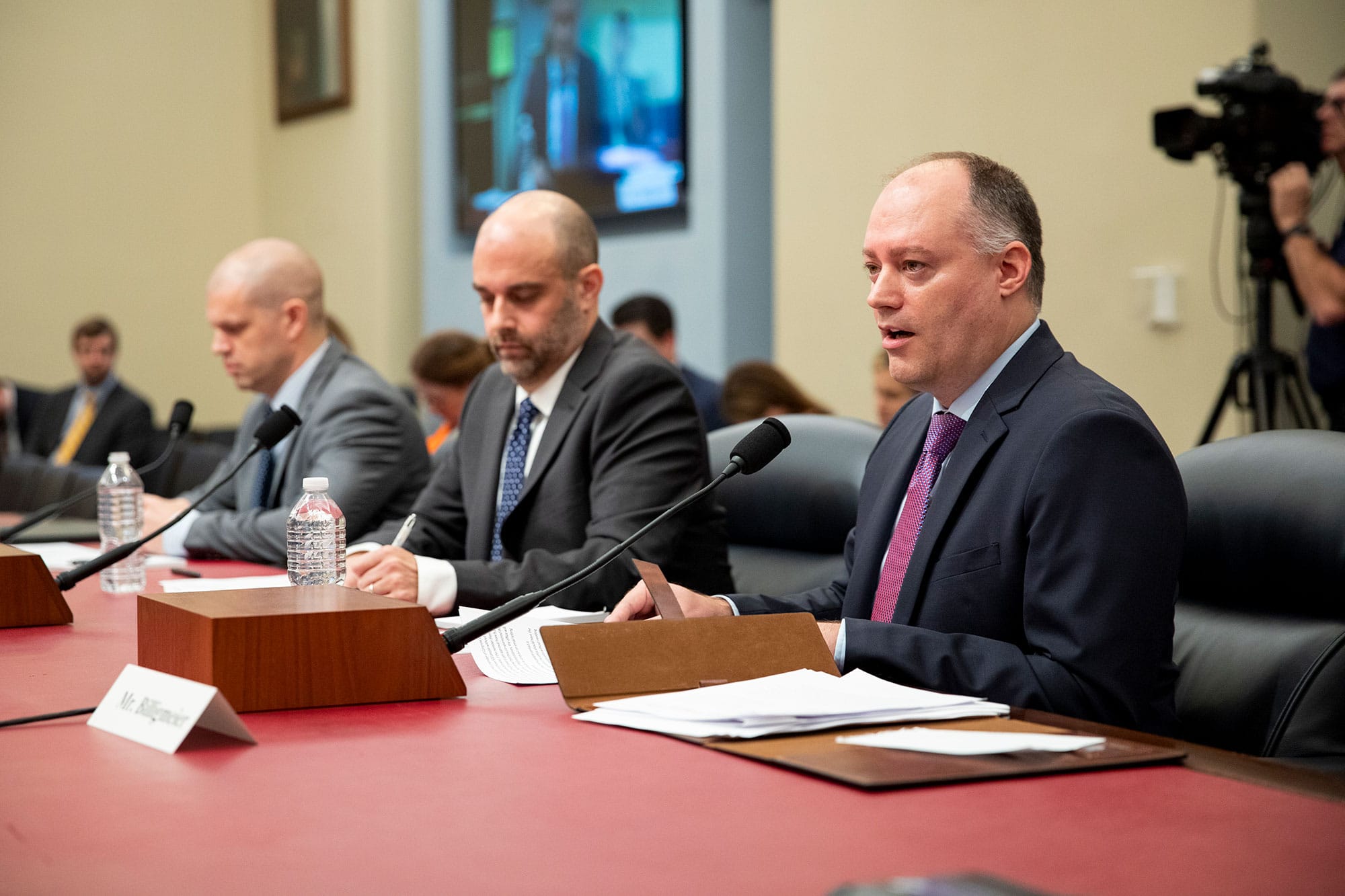What inspired you to start Fireside?
I spent the first part of my career at several startups, but playing the startup lottery as an employee didn’t work out for me. One company after another went out of business — as 90 percent of startups do. I wanted to do programming, and I wanted to know that my work was making a positive impact on people’s lives. The best part of my job now is knowing that the work I do every day makes life easier for congressional staffers, and I feel fortunate that most of those staffers are just a short walk away.
Why do you prefer small businesses to large companies?
I got a job at a telecommunications startup shortly after graduating from high school, and I was lucky to work with a lot of talented people there who took the time to teach me about technology. That’s what gave me my start in the tech field. I did a short contracting stint in a government agency, and while I worked with some great people there, I found the bureaucracy and slow rate of change frustrating. That experience drove me to seek out small companies to work for, primarily because I enjoyed being around talented teammates who pushed me to learn more and be creative.
What are the advantages to being a small business?
I love being able to implement ideas quickly, without a lot of bureaucracy. A great example of that was when our developers spent two days working on research and development projects. One developer, Mark, created a new search database that worked like Google. We showed the prototype to a client, who loved it, so we started working on it the next week. We didn’t need a committee or a focus group to make progress.
What is your favorite part of working for a small business?
I love working with a talented, energetic team every day, and I like that I can get to know everyone. Clients are surprised to learn that we are just a little bigger than most congressional offices — 20 employees as of October 2018 — which means we can still fit everyone around our dining table and enjoy a good happy hour. Once you get to 50 people or more, it’s harder for everyone to know each other. Instead, people are always asking, “Who’s that new person?” or “What does So-and-So do for the company?”
Do you believe you can impact Congress more as a small business?
Absolutely! We serve a small niche market, and we do it well by creating software that meets our clients’ specific needs. I’m always hearing that Congress should use Salesforce or other commercial CRM systems, but I think they are much too generic to meet the needs of a congressional office.
How do your clients inspire you to stay small and dream big?
I’m continually amazed at how hard congressional staffers work. Years ago, when I used to upgrade the systems on weekends, there would frequently be clients logging mail at 11 o’clock on a Friday night! I’d have to send out an email asking them to please go home, so I could reboot the server. Our clients are always trying to do more with less resources, so our team continually tries to be more efficient at supporting our clients and developing new software.


